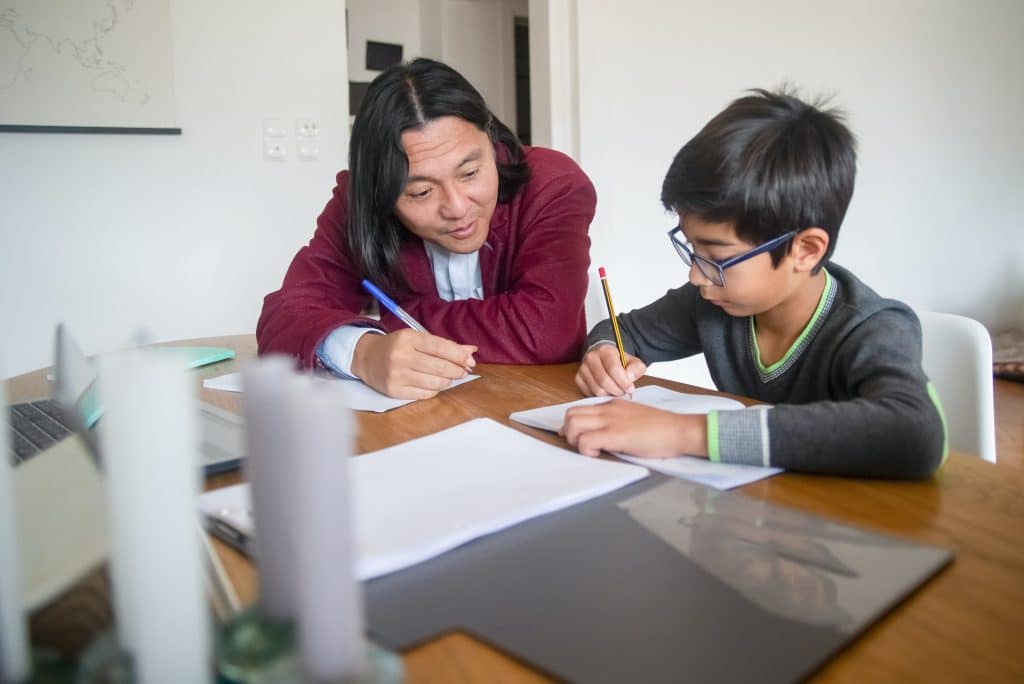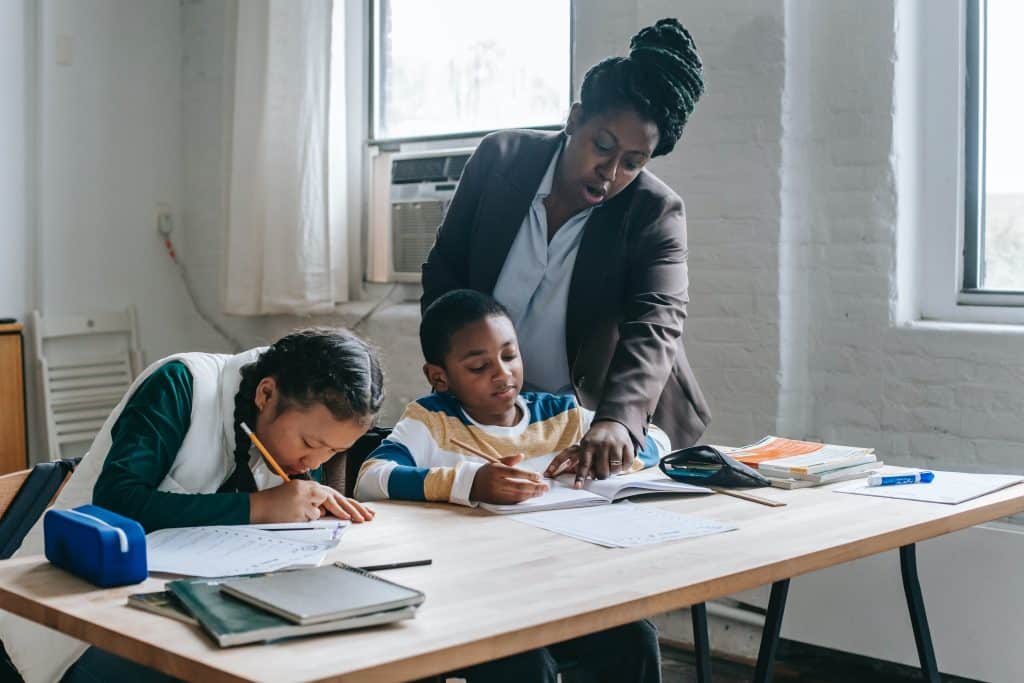In the quest for quality education and support for their children, parents in Pleasanton often find themselves navigating a complex landscape. Striking the right balance between academic enrichment and individualized guidance can be a genuine challenge. As an expert in the field, we recognize the concerns parents face when searching for the best tutoring solutions in Pleasanton. In this blog, we aim to provide practical, credible insights that will empower caregivers in their journey to find the ideal tutoring services for their children.
Table of Contents
Top 5 Tutoring in Pleasanton
| Name | Star Rating | Reviews | Address | Hours of Operation | Description |
|---|---|---|---|---|---|
| Growing Stars Online Tutoring | 4.9 | 1,093 | 4695 Chabot Dr Suite 200 | Closed, Opens at 1:30 PM | With 15+ years in business, Growing Stars offers a unique online tutoring experience for your child. |
| Aydin’s Academy | 5.0 | 58 | 5506 Sunol Blvd Ste 101 | Open, Closes at 11 PM | Aydin’s Academy stands out with 5+ years in business, providing late-night tutoring services to meet your child’s needs. |
| Best Brains Learning Center – Pleasanton | 4.9 | 50 | 2324 Santa Rita Rd Suite #15 | Closed, Opens at 5 PM | Best Brains Learning Center specializes in a unique approach, offering tutoring services to your child after regular school hours. |
| Steps Tutoring | 5.0 | 40 | 2340 Santa Rita Rd Suite 10 | Open, Closes at 3:30 PM | Steps Tutoring, with 15+ years in business, focuses on providing personalized attention to help your child succeed in academics. |
| Huntington Learning Center Pleasanton | 5.0 | 20 | 4855 Hopyard Rd Suite C3 | Open, Closes at 8 PM | Huntington Learning Center, with over 35 years in business, offers a comprehensive approach to education and learning support for your child. |
You’re not short on choice in Pleasanton. Every provider brings something different to the table (pun intended). The key is finding a match for your child’s unique learning requirements. Above all, consider your kid’s needs and comfort for the best tutoring results. The listed times and ratings should help you make an informed choice.
What’s the Difference Between Tutoring and Private Tutoring?
Tutoring, in general, can occur in group settings, while private tutoring is a one-on-one engagement. However, the difference goes beyond numbers.
With private tutoring, your kid enjoys personalized attention, tailored teaching methods, and flexibility in scheduling. This style can benefit kids with thinking and learning differences who may need a different pace or approach to fully grasp concepts. Conversely, group tutoring can offer peer interaction and shared learning experiences, which may suit kids who thrive in more sociable settings.

Read more: Supplemental Learning for Kids
What is the Highest Tutoring Rate?
Discussing the cost, tutoring rates have a wide range but hover around $50 – $85 per hour on average. However, rates can be influenced by subject complexity, tutor qualifications, and session length.
Regardless, a higher price sometimes indicates better tutoring quality. Your focus should be on the tutor’s track record, teaching approach, and ability to connect with your child. A saintly patience and knack for making complex concepts digestible could be more valuable than a top-tier degree.
Are Private Tutors Worth It?
Ah, the million-dollar question. With the cost involved, you have every right to question this. Firstly, let’s clarify one thing: the value of a private tutor largely depends on your child’s individual needs and learning style.
Private tutors tailor lessons to each child, filling in academic gaps and building on their strengths. They can go at the child’s pace, focus on specific problem areas, and use methods best suited to their learning style. Additionally, a good private tutor will build confidence, teach study skills, and provide a safe space for kids to ask questions. So, yes, if you find the right tutor, it could be a game-changer for your child’s education journey.

How Long Should Tutoring Sessions Be?
Every child is different. Some kids can focus for an hour or more, while others might struggle after 30 minutes. However, a 2016 study found that students showed the most improvement with tutoring sessions lasting 1-2 hours, held 1-2 times a week.
That said, the most essential factor in determining the length of tutoring sessions is your child’s attention span, interest level, and convenience. It’s all about finding the sweet spot that keeps your child actively engaged without leading to fatigue or burnout.
How Goally Can Help
Evidence shows that kids learn best when they’re having fun. Many teachers recommend using learning tech like Goally to engage with kids in a way they love.
In the classroom, Goally can help kids with:
- Following directions by providing visual and verbals supports to help them understand each task.
- Staying on task by providing timers and reminders to help them stay focused.
- Communicating with their teachers and peers through the AAC Talker app that allows them to express wants and needs.
- Identifying and regulating their emotions before children have a meltdown because they are overstimulated.
Goally’s distraction-free kid’s tablet can be used as a therapy tool to help teach executive function, language, emotional regulation, finger dexterity skills, and more!
To Sum Up
To sum up, finding the right tutoring in Pleasanton can greatly benefit your child, especially if they’re neurodivergent or have learning and thinking differences. A good tutor can adapt to your child’s learning style, increase their confidence, and enrich their learning experience.
With technology increasingly integrated in education, consider tools like Goally, a learning tablet designed to help neurodivergent kids become more self-reliant. It’s a useful addition, providing structure and helping reinforce positive behaviors, ultimately supporting their academic journey with a good tutoring service.

Hennah is an experienced writer and researcher, helping children with autism, ADHD, and other neurodivergent conditions. As a blog contributor for Goally, she combines her deep understanding of neurodiversity with practical advice, offering valuable insights to parents and educators.





